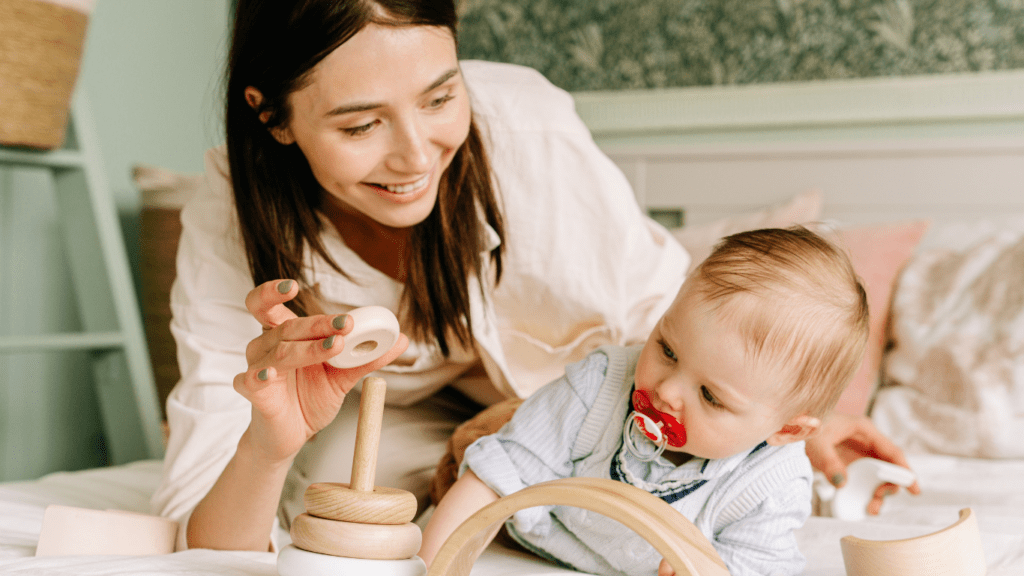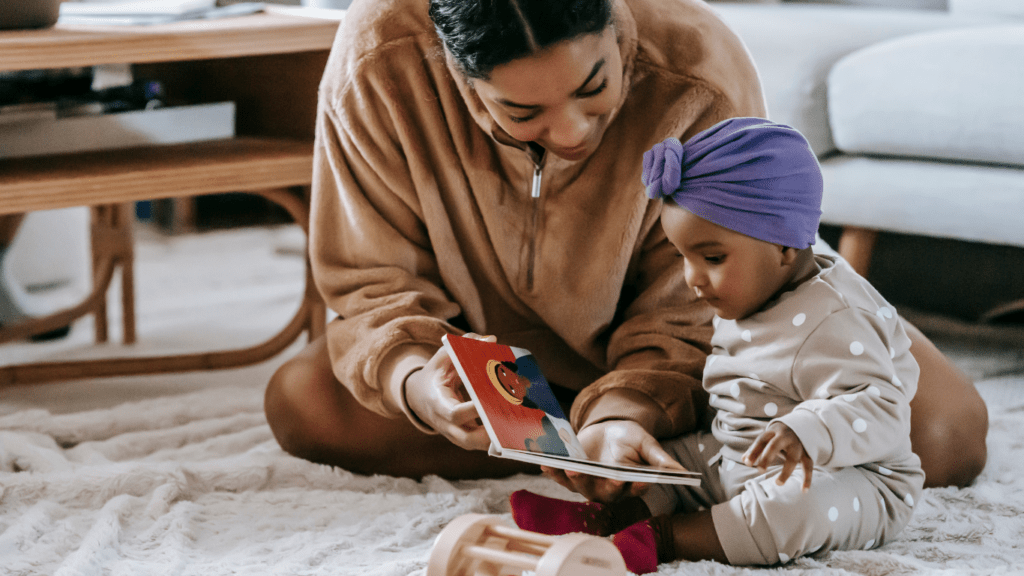Parenthood often feels like a one-way street where we’re the teachers, guiding our children through life’s complexities. But what if I told you that my child has been my greatest teacher? Through the simplest moments, I’ve discovered profound lessons that have reshaped my perspective and deepened my understanding of the world.
From spontaneous laughter to heartfelt conversations, these unexpected moments have taught me resilience, empathy, and the beauty of living in the present. Join me as I share the surprising insights my child has gifted me, reminding us all that wisdom can come from the most unlikely sources.
The Essence of Parenting
Parenting transcends the traditional roles of teacher and student. It’s an evolving relationship where both parties learn and grow together. I often find that the lessons I gain from my child are as significant, if not more so, than those I impart.
Redefining Teacher and Student Roles
The dynamic between parent and child is fluid. I learn resilience as my child faces challenges with courage. I receive lessons in empathy when they express concern for others. These interactions demonstrate that teaching is not a one-way street; children provide insights that enrich my understanding of the world.
I recognize that moments of play can reveal creativity, and in times of frustration, I notice their ability to cope. Each experience turns conventional roles upside down, emphasizing that both teacher and student benefit from shared moments.
Embracing Vulnerability in Parenting
Embracing vulnerability transforms parenting into a deeper connection. I allow my child to see my imperfections and struggles, creating an environment of authenticity. Moments of vulnerability teach them about honesty and the importance of admitting when one is wrong.
When I share my emotions, I model healthy expressions of feelings, encouraging them to communicate openly. Acknowledging my own shortcomings fosters resilience, showing them that growth stems from embracing life’s challenges. This honesty strengthens our bond, proving that showing weakness can, in turn, cultivate strength.
Unexpected Moments That Teach
Unexpected moments often contain profound lessons. I’ve found that everyday interactions with my child reveal wisdom I didn’t anticipate. Here are some specific experiences that illustrate this.
Everyday Experiences That Offer Wisdom
- Playtime Adventures: During playtime, I observe my child’s ability to embrace imagination. This teaches me to view the world as a canvas for creativity, reminding me that joy lies in exploration.
- Simple Conversations: Casual chats often lead to insightful reflections. When my child asks questions about the world, it challenges me to think critically and explain concepts simply, reinforcing the value of curiosity.
- Mistakes Made: Witnessing my child’s reaction to minor setbacks highlights resilience. I see how she approaches challenges with a positive attitude, encouraging me to adopt a similar mindset.
- Acts of Kindness: Small gestures, like sharing toys or comforting others, demonstrate the power of empathy. I learn from her natural inclination to care for those around her, which inspires me to be more compassionate.
Surprising Life Lessons from Children
- Honesty and Transparency: When my child speaks openly about feelings, it reveals the importance of honesty. Her openness reminds me that vulnerability builds stronger relationships.
- Joy in the Present: My child often marvels at simple things, like a butterfly or a new game. This focus on the present teaches me to appreciate life’s fleeting moments and fosters mindfulness.
- Endurance in Challenges: Watching my child navigate frustrations—like a difficult puzzle—teaches me patience and perseverance. Her determination highlights that persistence is essential for growth.
- Flexibility in Plans: Adjusting plans based on my child’s needs, such as changing routines or activities, emphasizes adaptability. This flexibility fosters resilience, showing how being open to change leads to new opportunities.
The Impact of Child-Led Learning
Child-led learning significantly influences the parent-child dynamic. Through their curiosity and exploration, children teach valuable lessons that shape my understanding of the world.
Encouraging Curiosity and Exploration
Children’s innate curiosity prompts them to ask questions and explore their surroundings. Following their lead during activities like nature walks or playtime, I discover unexpected wonders.
Observing my child examining a butterfly or investigating a rock teaches me how to appreciate the small details in life. These moments highlight the importance of fostering a learning environment that encourages exploration and inquiry.
By allowing my child to take charge, I learn to embrace spontaneity and creativity, encouraging a mindset that values asking questions and seeking knowledge.
Building Emotional Intelligence Through Play
Play serves as a powerful tool for developing emotional intelligence. As my child engages in imaginative scenarios, I witness firsthand how they express and identify feelings. For instance, role-playing encourages them to step into different perspectives, fostering empathy and understanding.
By participating in these playful interactions, I gain insights into my emotional responses and learn to navigate complex feelings. These playtime experiences shape my ability to communicate effectively and support my child’s emotional growth, reinforcing the significance of emotional intelligence in our relationship.
Through this process, I understand that everyday play can be a profound medium for both learning and connection.
Building Stronger Relationships
Strengthening relationships with my child involves enhancing communication and fostering trust. These elements create a solid foundation for mutual respect and learning.
Enhancing Communication with Children
Effective communication with my child goes beyond talking; it involves active listening. I focus on allowing my child to express thoughts and feelings freely. By validating their emotions, I create a safe space for open dialogue.
Using age-appropriate language ensures they understand complex topics. Engaging in conversations during daily activities, like mealtime or playtime, prompts natural discussions. Asking open-ended questions encourages my child to elaborate, enhancing our connection.
Being present during these moments reaffirms the importance of their voice, paving the way for greater understanding and empathy.
Fostering Trust and Understanding
Trust builds over time through consistent actions and honesty. I prioritize transparency, sharing my experiences and feelings with my child. When I acknowledge my mistakes and discuss challenges, it shows that growth comes from vulnerability.
I also encourage my child to share their struggles without fear of judgment. This reciprocal openness cultivates understanding and nurtures resilience. Establishing routines deepens trust, as they create predictability in our relationship.
Celebrating my child’s achievements—big or small—reinforces their self-worth and our bond. By focusing on our shared experiences, I strengthen our relationship, allowing both of us to thrive.


 Maria Chavarria brought a creative heartbeat to Motherhood Tales Pro, helping define its voice and visual identity. Her background in content development and community engagement allowed the platform to resonate deeply with its audience. Maria played a key role in crafting messaging that speaks directly to mothers, amplifying stories and advice that make the brand both relatable and trusted.
Maria Chavarria brought a creative heartbeat to Motherhood Tales Pro, helping define its voice and visual identity. Her background in content development and community engagement allowed the platform to resonate deeply with its audience. Maria played a key role in crafting messaging that speaks directly to mothers, amplifying stories and advice that make the brand both relatable and trusted.